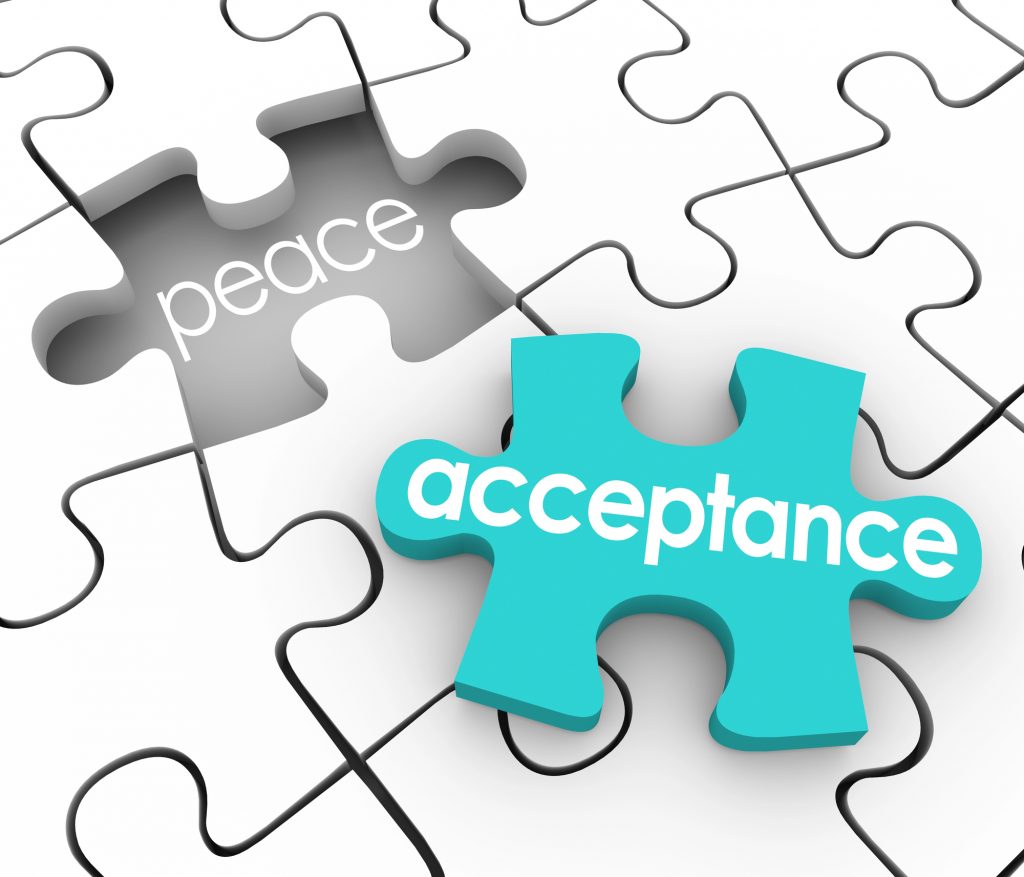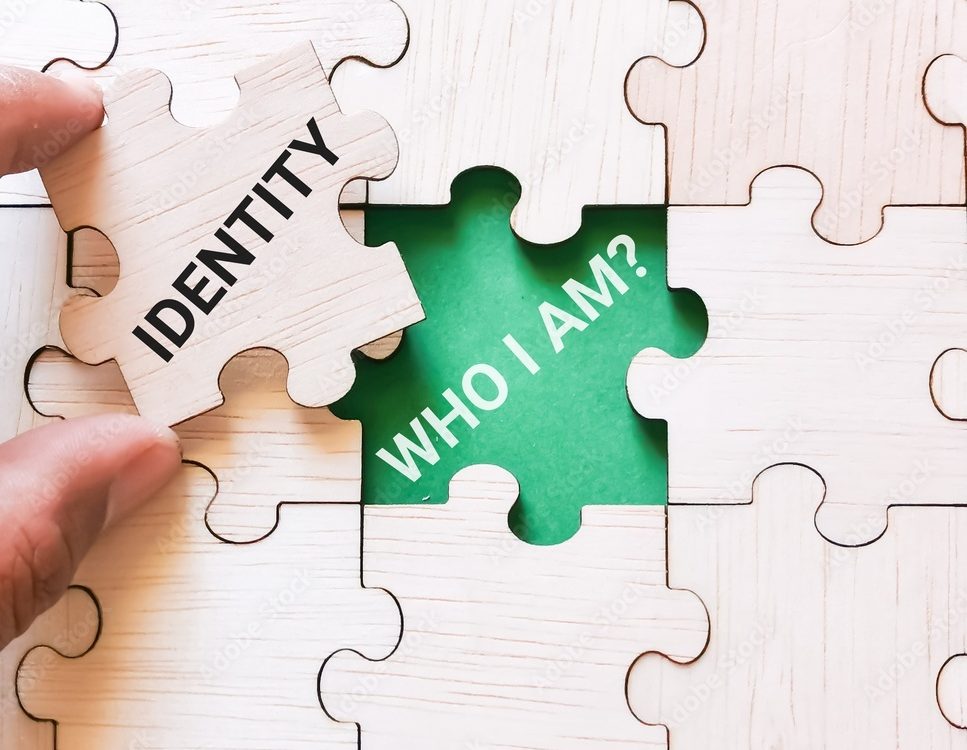
“I Want to Forgive, But I Can’t Let Go”
A Christian psychologist’s guide to healing through forgiveness
The Heaviness of Unforgiveness
“I just can’t forgive them.”
“I can’t forgive myself.”
These confessions often echo through the therapy room—spoken through clenched jaws, tearful regret, or silent despair. Forgiveness is a deeply human struggle. Yet it’s also one of the most powerful pathways to healing.
In both psychology and Christian faith, forgiveness is not just an ideal—it’s essential. It frees us from resentment, softens hardened hearts, and restores inner peace. But how do we actually forgive? And how does psychological healing support the grace Christ calls us to?
The Emotional Weight of Unforgiveness
Unforgiveness is not just a spiritual issue—it’s a psychological one. When hurt festers, it creates patterns of inner turmoil:
Chronic stress and anxiety
Sleep difficulties or physical tension
Rumination and low mood
Barriers to trust and intimacy
In therapy, we often see clients who remain stuck, not just because of what happened to them—but because of the burden they continue to carry.
Forgiveness, from a psychological perspective, is not about excusing harm. It’s about reclaiming your peace. Techniques like CBT, narrative therapy, and mindfulness can help reframe internal stories and open space for emotional release.
Forgiveness as a Command and an Invitation
The Bible makes forgiveness clear:
“How many times should I forgive?” Jesus answered, “Seventy times seven.” – Matthew 18:22
This isn’t mathematical—it’s relational. God calls us to a continual posture of grace.
Through the cross, Jesus extended radical forgiveness—undeserved and complete. When we forgive, we reflect His heart. It’s not just obedience; it’s spiritual transformation.
Forgiveness is a spiritual discipline—sustained by prayer, surrender, and Scripture. It opens our hearts to receive what bitterness never could: peace, renewal, and reconciliation.
Psychology and Grace
Forgiveness is where therapy and theology meet.
Psychological healing involves unburdening emotional pain.
Spiritual formation involves releasing judgement and embracing grace.
Whether you’re forgiving others or yourself, this process calls for honesty, courage, and support. It does not erase the offence, but it removes its power over your future.
Forgiveness turns wounds into wisdom and shame into strength.
Faith in Practice: Steps Towards Forgiveness
Here are practical steps that integrate psychological insight with Christian faith:
Start with Self-Reflection
Ask: “What pain am I still carrying?”
Pray Honestly
Invite Christ into the hurt. Ask for clarity and compassion.
Name the Hurt
Try journalling or writing an unsent letter to express the pain.
Reframe the Story
With a mentor or counsellor, explore a different perspective.
Repeat the Process
Forgiveness often unfolds in layers. Return as many times as needed.
Practise Self-Forgiveness
Accept grace. Acknowledge mistakes. Let growth replace guilt.
Reflection
A Journey of Self-Forgiveness
A client once shared with me:
“I’ve forgiven everyone—except myself.”
Their spiritual shame and harsh self-judgement had formed deep scars. Through therapy and Scripture, we explored their beliefs about grace, worthiness, and God’s heart. Over time, they came to see that God’s forgiveness includes them too. That realisation softened their inner dialogue, changed how they related to others, and reshaped their faith. It didn’t happen overnight—but it was the beginning of deep, lasting freedom.
Download Your Reflection Worksheet
Use this guided journaling exercise to begin your forgiveness journey—whether you’re offering grace to others or yourself.
Download the Forgiveness Reflection Worksheet PDF
Key Takeaways
Healing
Forgiveness frees your heart and mind from the prison of past pain.Grace
You are forgiven—fully and freely—in Christ. Let grace lead the way.Freedom
Let go of what no longer serves you. Choose peace. Choose renewal.
Reflection Questions
What pain have I held onto for too long?
What would forgiveness look like in this situation?
How is God inviting me to receive or extend grace today?














